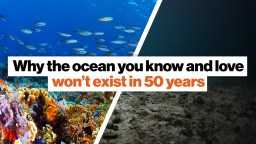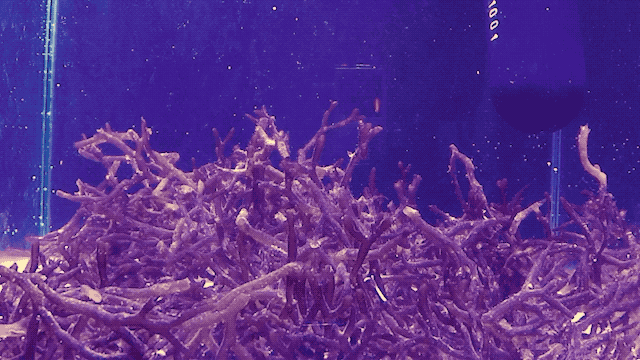oceans
The remarkable distributed nervous system of the octopus is discussed at an astrobiology conference.
A new study has identified 12 times as many viral populations as previous research.
The new fossil offers insight into when whales returned to the oceans millions of years ago.
Can sensitive coral reefs survive another human generation?
▸
3 min
—
with
Archeologists had been doubtful since no such ship had ever been found.
At high tide each night, bright lights predict the underwater future.
Think you’ve seen sand? You haven’t seen sand.
A network of devices called MERMAIDs is taking seismographs where they’ve never been.
Climate-driven changes in phytoplankton communities will intensify the blue and green regions of the world’s oceans.
Chinese scientists find a 600-million-year-old creature.
A completely unexpected discovery beneath the ice.
We knew the Chicxulub crater was massive. We just didn’t know how widespread the damage actually was.
Tiny bubbles talk photosynthesis.
Thanks to museum curators, there’s no shortage of the stuff.
New research identifies an unexpected source for some of earth’s water.
Protected animals are feared to be headed for the black market.
The next gold rush might take place in our sewers.
The modern ocean can be a dangerous place for whales.
The Ocean Cleanup’s System 001 is being deployed at Great Pacific Garbage Patch.
Antidepressants are destroying underwater ecosystems, which we in turn eat.
The Spilhaus Projection may be more than 75 years old, but it has never been more relevant than today.
Farewell Moon, we barely knew you. Bill Nye knows the Moon is moving away from Earth 1.48 inches per year. Will it keep drifting further away, and what happens to Earth when it does?
▸
2 min
—
with





















